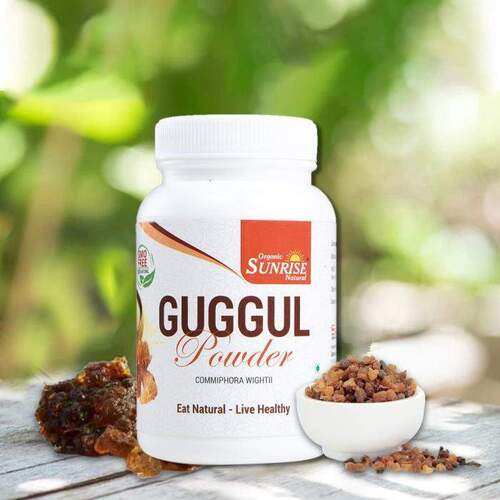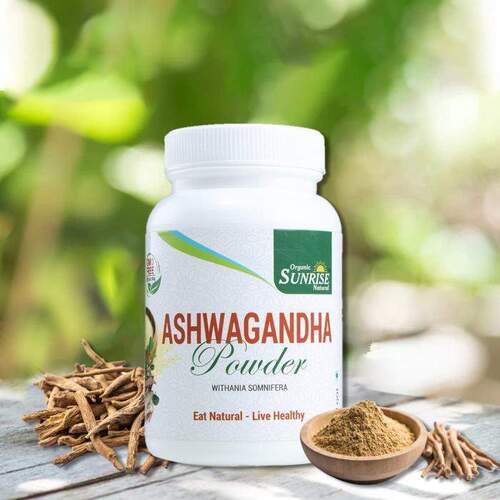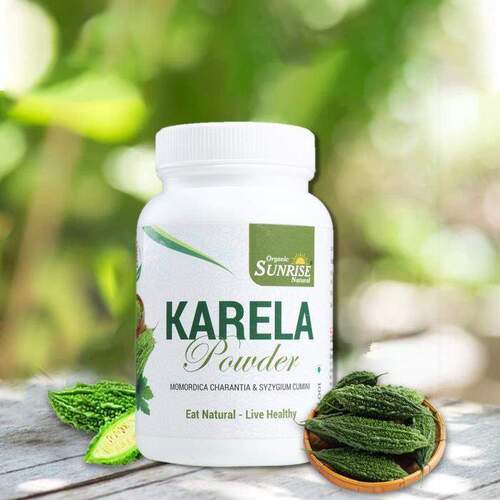Guggal Powder
Product Details:
Guggal Powder Price And Quantity
- 205.00 - 215.00 INR/Gram
- 70 Gram
- 215 INR/Gram
Guggal Powder Trade Information
- 245
- Letter of Credit (L/C) Western Union Cash Advance (CA) Cash in Advance (CID) Cheque
- 10000 Gram Per Day
- 1 Week
- Free samples available with shipping and taxes paid by the buyer
- Function: Antioxidant Type: Herbal Supplements Place of Origin: Rajasthan, India Brand Name: Organic Sunrise Natural Model Number: SUN39 Dosage Form: Powder Product Name: Guggal Powder Shelf life: 2years MOQ: 100 Kg Packaging: Plastic Beg
- Australia North America Eastern Europe Western Europe Central America Middle East South America Asia Africa
- All India
- FSSAI , ISO , HALAL , USDA , EU , HACCP ETC. SPICE BOARD,MSME,UQAS,GMP,AYURVED
Product Description
Guggul is the common name for the flowering mukul myrrh tree (Commiphora mukul). It is a small, thorny tree that is most commonly found in India, in the arid climates of states such as Rajasthan and Gujarat.1, 2 Guggul also refers to the resin formed from the sap of the guggul tree, which has been used in Ayurvedic medicine for over two thousand years.3 Guggul is known by the Sanskrit name "Guggulu," which means, "protects from disease"4 and because Banyan tends to offer herbs according to their Sanskrit names, Guggul is offered as Guggulu. There are many varieties of guggul-each with different uses-determined in part by the color and age of the gum.1 It is said that the potency of guggul lasts 20 years.4 Guggul is a very important herb in the Ayurvedic tradition and while it is rarely taken by itself, an entire class of medicines has been built around the use of guggul.1 Banyan Botanicals carries several of these traditional Ayurvedic formulas, known as guggulus-compounds made from a base of purified guggul in a synergistic combination of other herbs.

Price:
- 50
- 100
- 200
- 250
- 500
- 1000+
 English
English Spanish
Spanish French
French German
German Italian
Italian Chinese (Simplified)
Chinese (Simplified) Japanese
Japanese Korean
Korean Arabic
Arabic Portuguese
Portuguese






 Send Inquiry
Send Inquiry Send SMS
Send SMS
